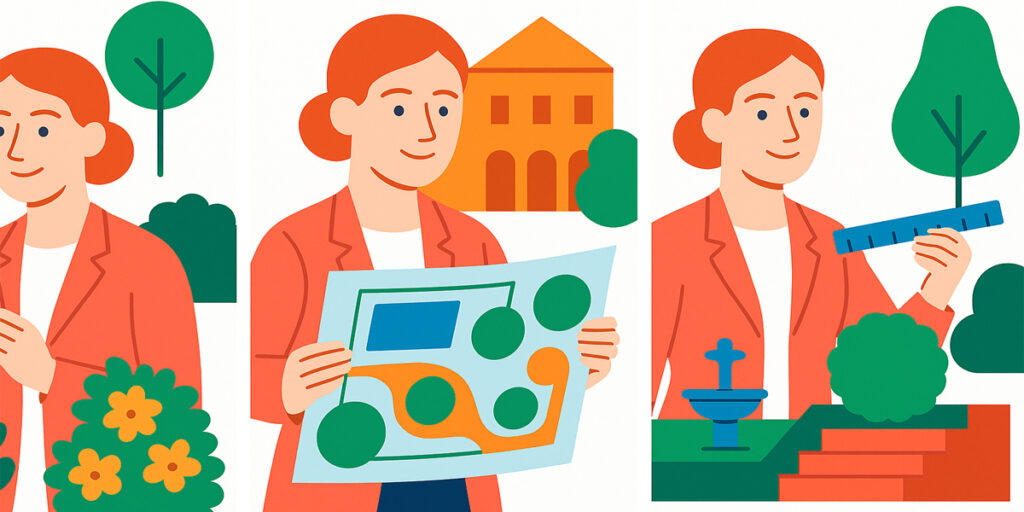Joan Robinson was a woman who didn’t just study the world’s most complex systems—she challenged them, reshaped them, and left a mark too bold to be ignored. Born into a time when economics was a male-dominated realm filled with rigid assumptions and narrow paths, she stepped forward with clarity, courage, and a refusal to conform. Her mind wasn’t simply sharp—it was fearless, ready to question anything that didn’t reflect the messy truth of real life.
From a young age, Joan stood out—not because she was loud, but because she was deeply curious. She didn’t just accept rules as they were. She asked why they existed. She watched how markets moved and how people were affected by the invisible hands of policy and power. And she saw gaps. She saw pain that numbers couldn’t explain and patterns that traditional theories ignored.
At Cambridge, where ancient walls echoed with old knowledge, Joan brought in fresh winds. She joined a circle of economists who were reimagining how economies work, but even among giants, she was different. She didn’t just ride the wave of new thinking—she shaped it. While John Maynard Keynes was building his groundbreaking ideas, Joan was right there, adding depth and vision. But her brilliance didn’t live in someone else’s shadow. She carved her own path, bold and bright.
She introduced the world to the idea of imperfect competition—a concept that peeled back the illusion of perfect markets and showed how real-world businesses actually behaved. She explained how companies had power over prices, how monopolies twisted markets, and how these imbalances hurt the ordinary person. Her work gave voice to those often left out of economic equations—workers, women, the forgotten corners of the system.
Joan didn’t write to impress. She wrote to wake people up. Her words were clear, direct, and urgent. She believed that economics wasn’t just about charts and formulas—it was about life. About jobs, wages, hunger, hope. And she believed deeply in justice. Not the loud kind found in speeches, but the kind woven into policy, practice, and daily dignity.
During times of war, upheaval, and reconstruction, Joan stood firm. She advised governments, taught generations of students, and questioned everything that stood still too long. Her lectures weren’t just lessons—they were lightning. She challenged young minds to think beyond theory and to feel the human weight behind every number.
And she never stopped evolving. While many thinkers choose comfort in the known, Joan kept searching, kept changing. She explored Marxist ideas, challenged capitalism’s blind spots, and pushed the boundaries of economic thought. Sometimes she stood alone, but never unsure. Her courage wasn’t loud—it was unshakable.
She understood that true progress wasn’t about defending old models. It was about breaking them when they failed to serve the people. She called out injustice not just in politics, but in the structure of knowledge itself. If the books forgot the poor, the worker, the mother, the child—she rewrote them.
Joan’s legacy is not built on statues or slogans. It lives in every discussion that questions the fairness of a market. In every student who dares to ask, “Who is this really helping?” In every reform that puts people before profits.
Her voice still echoes in classrooms, policy halls, and academic journals. But more than that, her spirit burns in every young thinker who dares to imagine a better, fairer economy. She proved that economic theory could be both intelligent and compassionate, both rigorous and revolutionary.
Joan Robinson didn’t chase recognition. She chased truth. Her path was not easy, but it was luminous. She didn’t ask to lead—she simply walked ahead with such vision that others followed. Through equations and empathy, through rebellion and research, she changed the way we understand the world.
And she left behind a challenge: to keep thinking, keep questioning, keep building systems that serve not just the rich and powerful, but every single human being. That is the kind of legacy that doesn’t fade—it multiplies.




















